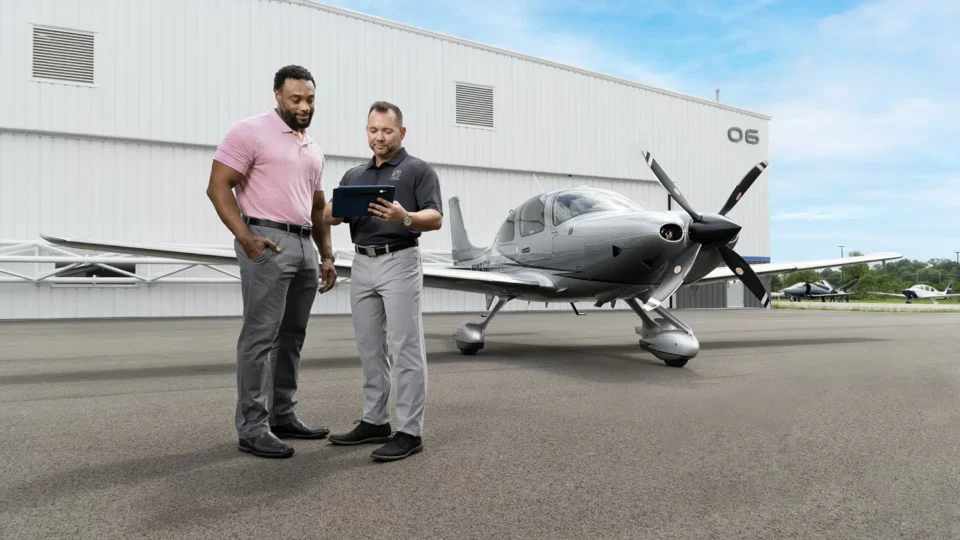Recruitment in the aviation sector faces unique challenges due to the highly specialized skills required and stringent regulatory standards. This industry demands not only technical proficiency but also a commitment to safety and continuous learning. Aviation training programs are essential in ensuring that aviation professionals meet these standards and are prepared to tackle the complex tasks that come with their roles. This blog will explore the importance of aviation training in recruitment, provide fresh insights on the subject, and discuss the impact of aviation technology on the industry, with a particular focus on StaffXAero’s role.
Table of Contents
The Need for Specialized Recruitment
Recruiting for the aviation sector is not like hiring for other industries. The stakes are higher, and the margin for error is significantly lower. Aviation companies must adhere to rigorous safety standards and regulations, which means that every hire must be thoroughly vetted and trained. This is where specialized recruitment agencies, like StaffXAero, come into play. They understand the specific requirements of the aviation industry and have the expertise to find candidates who possess the necessary skills and qualifications.
Effective recruitment in aviation involves identifying candidates who not only have the technical know-how but also demonstrate a strong safety culture. This is crucial because the aviation industry operates under strict regulatory frameworks set by authorities such as the Federal Aviation Administration (FAA) and the International Civil Aviation Organization (ICAO). Failure to comply with these regulations can result in severe consequences, including fines, grounding of aircraft, and damage to a company’s reputation.
The Importance of Aviation Training
Aviation training is indispensable for preparing candidates to meet industry standards. Training programs ensure that aviation professionals, from pilots to maintenance technicians, have the knowledge and skills required to perform their duties safely and efficiently. These programs cover a wide range of areas, including flight operations, aircraft maintenance, safety protocols, and regulatory compliance.
Aviation training programs are designed to address the evolving needs of the industry. They incorporate the latest technological advancements and regulatory updates to ensure that trainees are equipped with current knowledge. For instance, pilots undergo rigorous simulator training to handle various flight scenarios, while maintenance technicians receive hands-on training with the latest aircraft models and diagnostic tools.
Fresh Insights on Aviation Training
One of the emerging trends in aviation training is the increased use of simulation technology. Flight simulators have become more advanced, offering realistic scenarios that help pilots and crew members hone their skills without the risks associated with real flights. These simulators provide a safe environment to practice emergency procedures, complex maneuvers, and routine operations.
Another important aspect of aviation training is the emphasis on soft skills. While technical proficiency is paramount, soft skills such as communication, teamwork, and problem-solving are equally important. Training programs now include modules on these skills, ensuring that aviation professionals can work effectively in high-pressure environments and collaborate with colleagues from diverse backgrounds.
Aviation training programs also focus on continuous education. The aviation industry is dynamic, with new technologies and regulations emerging regularly. Continuous training helps aviation professionals stay updated with these changes, ensuring that they can adapt to new challenges and maintain high standards of performance and safety.
The Impact of Aviation Technology
At the same time, aviation technology plays a critical role in shaping the industry and training programs. Advances in technology have led to the development of more efficient aircraft, sophisticated navigation systems, and enhanced safety features. These technological advancements are integrated into training programs to ensure that aviation professionals are well-versed in the latest tools and systems.
StaffXAero, as a leading recruitment agency, recognizes the importance of aviation technology in training. They collaborate with training institutions to ensure that candidates are proficient in using modern aviation technology. This includes familiarity with advanced avionics, automated systems, and data analytics tools that are becoming increasingly important in the industry.
How StaffXAero Supports Aviation Training
StaffXAero plays a pivotal role in supporting aviation training by bridging the gap between training institutions and aviation companies. They work closely with training providers to ensure that the curriculum meets industry standards and addresses the specific needs of their clients. This collaboration helps create a pipeline of well-trained candidates who are ready to take on the challenges of the aviation sector.
Moreover, StaffXAero provides valuable feedback to training institutions based on the needs and experiences of their clients. This feedback helps improve the training programs, making them more relevant and effective. By staying engaged with both training providers and aviation companies, StaffXAero ensures that their candidates are not only well-trained but also align with the specific requirements of their clients.

